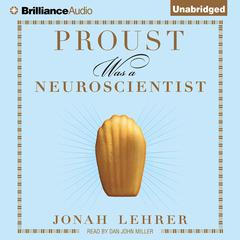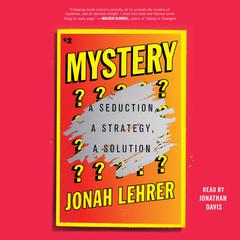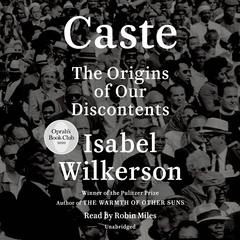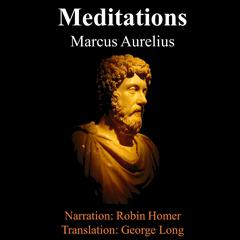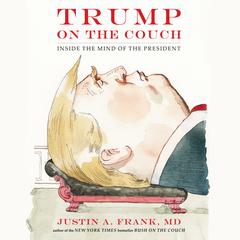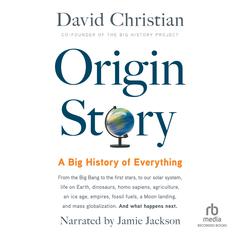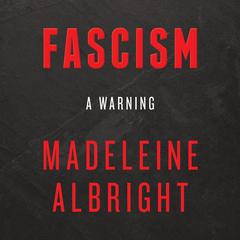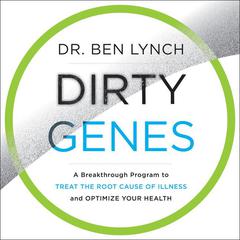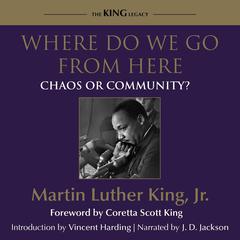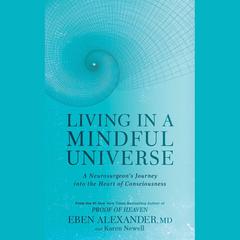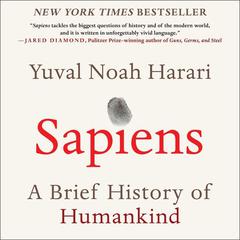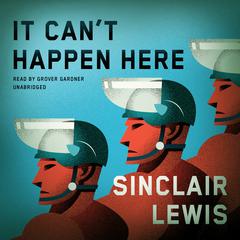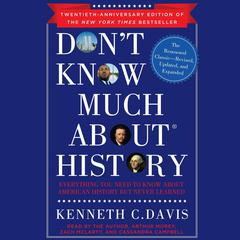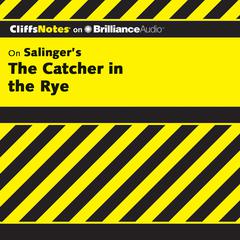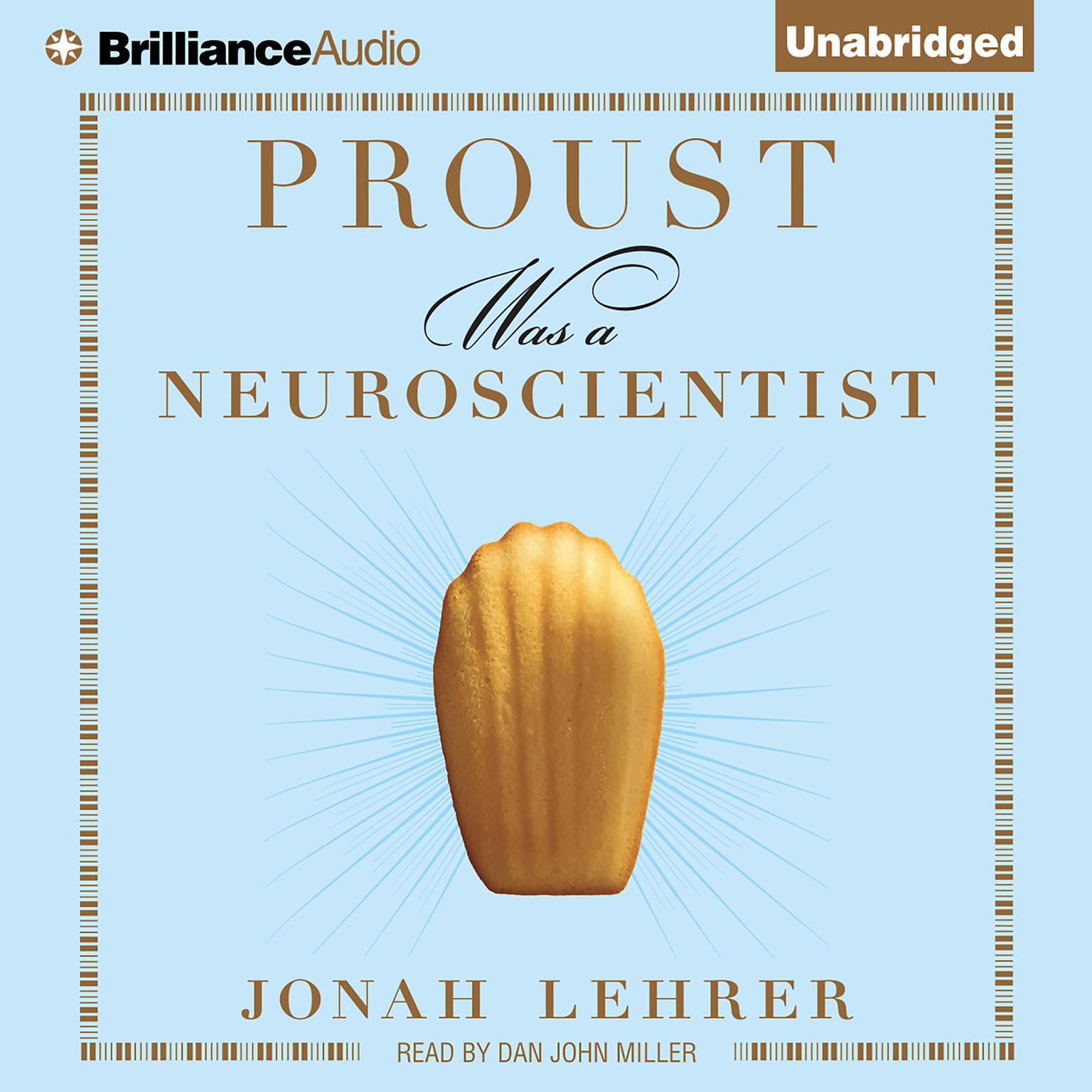 Play Audiobook Sample
Play Audiobook Sample
Proust Was a Neuroscientist Audiobook
 Play Audiobook Sample
Play Audiobook Sample
Quick Stats About this Audiobook
Total Audiobook Chapters:
Longest Chapter Length:
Shortest Chapter Length:
Average Chapter Length:
Audiobooks by this Author:
Publisher Description
In this technology-driven age, it’s tempting to believe that science can solve every mystery. After all, science has cured countless diseases and even sent humans into space. But as Jonah Lehrer argues in this sparkling debut, science is not the only path to knowledge. In fact, when it comes to understanding the brain, art got there first.
Taking a group of artists – a painter, a poet, a chef, a composer, and a handful of novelists – Lehrer shows how each one discovered an essential truth about the mind that science is only now rediscovering. We learn, for example, how Proust first revealed the fallibility of memory; how George Eliot discovered the brain’s malleability; how the French chef Escoffier identified umami (the fifth taste); how Cézanne worked out the subtleties of vision; and how Gertrude Stein exposed the deep structure of language – a full half-century before the work of Noam Chomsky and other linguists. It’s the ultimate tale of art trumping science.
More broadly, Lehrer shows that there’s a cost to reducing everything to atoms and acronyms and genes. Measurement is not the same as understanding, and this is what art knows better than science. An ingenious blend of biography, criticism, and first-rate science writing, Proust Was a Neuroscientist urges science and art to listen more closely to each other, for willing minds can combine the best of both, to brilliant effect.
Download and start listening now!
"What a brilliant book and a great way to learn about modern neuroscience and some of the pivotal artists of the 19th and 20th century. Though about art, it is definitely a very cerebral book, and I wouldn't recommend it for a long flight. This book is better read in short spurts of focus, since each chapter is about a different artist."
— Denise (4 out of 5 stars)
Proust Was a Neuroscientist Listener Reviews
-
" There is a lot that scientists and humanities folk can learn from each other. The compartmentalization of academic disciplines has stifled creativity and discovery. "
— James, 2/11/2014 -
" I really enjoyed this book. Beyond the general description of the book, the table of contents caught my eye when I saw the names Auguste Escoffier and Igor Stravinsky. These chapters, as well as the rest, were really interesting to me. "
— Delford, 2/1/2014 -
" The beginning is absolutely addicting. Relating science to Walt Whitman was fascinating. As the book continued I did lose a little more interest, but nonetheless an excellent book. "
— Jeanette, 1/30/2014 -
" This is a really great book about how art and science are connected "
— Kathleen, 1/16/2014 -
" Two stars only for the effort of selecting interesting people. However, when it comes to connecting the dots on what made these people so special, the author connects them all wrong. It was a disappointment from the middle of the book on. based on comments from my wife and friends, who have read Imagine, the same pattern goes on across all of his books, culminating with his termination from The New Yorker and Wired Magazine for fabricating Bob Dylan's quotes among other things. Stay away from this guy. "
— Luiz, 1/12/2014 -
" A true "whole brain" thinker! "
— Sal, 1/1/2014 -
" Only a so-so read in my opinion, but much of that was due to the fact that I already knew much of what the author introduces. If you are a non-scientist, I think you would enjoy it. "
— Jon, 12/6/2013 -
" This is a good book that gives a helicopters eyes view of current neuroscience and how it has been adumbrated by modernist artists from poets to musicians to chefs. A worthwhile read from this knowledgeable and entertaining contributor to WNYC's radiolab. "
— Leonard, 9/6/2013 -
" I loved the organization of this book. I found it profoundly inspiring to read about the greats such as Cezanne, Proust, Gertrude Stein to name just 3 out if the 8 the author profiles. "
— Katherine, 11/14/2012 -
" This book is brief but built like a poem: not a word wasted. Incredibly thought provoking for anyone interested in the links and potential for dialogue between the arts and the sciences. Fascinating. "
— Sarah, 5/7/2012 -
" liked it sufficiently to skim, not enough to read. in the neuroscience vein, vastly preferred norman doidge's "the brain that changes itself," or most oliver sacks. "
— Angel, 4/5/2012 -
" I'm a voracious reader and it's great to read an excellent first book of a promising new writer, but this thing just amazed me. I'm guess I'm a nerd and whatnot for enjoying it so much but I don't care, I was enthralled. "
— Chris, 3/5/2012 -
" I loved this book. Thanks, Jonah, for now making me doubt every word. "
— Michael, 12/14/2011 -
" Discusses various artists throughout history and links later scientific developments to their earlier works. Some arguments are compelling. Before you read this, you should read Gertrude Stein and listen to Stravinsky, along with the obvious Proust. "
— Andrea, 10/27/2011 -
" A wonderful book that find the seemingly invisible and certainly strong ties between art and science. "
— Alan, 10/17/2011 -
" Relationship between artists and scientists; how each is influenced by the other. "
— Das, 9/10/2011 -
" Brilliant. So much to think about and aspire to as a scientist. "
— Ellen, 9/8/2011 -
" This book was interesting but also surprisingly annoying. It's hard for me to read about Gertrude Stein without getting twitchy. But overall, it had some interesting ideas and observations. "
— Bronwen, 6/30/2011 -
" I picked this up during a period of reading about music and the human brain. I love the idea that science and the arts have something to say to each other, and this book is an enjoyable, if slightly uneven, read. I particularly enjoyed and remember the chapter on Stravinsky. "
— Anne, 6/25/2011 -
" I love the blend of science and literature. I don't agree with the author on everything he says about Gertrude Stein but generally speaking, he seemed well informed. He also write a great metaphor! "
— Karren, 5/23/2011 -
" For someone who knows nothing about neuroscience it was a bit daunting but also very informative and clever in parts.<br/> "
— Helen, 5/19/2011 -
" Worthwhile at the pop-science level for the brain stuff, and at the skim-level for its comments about various writers and artists, etc. "
— Dakur, 5/17/2011 -
" The beginning is absolutely addicting. Relating science to Walt Whitman was fascinating. As the book continued I did lose a little more interest, but nonetheless an excellent book. "
— Jeanette, 5/17/2011 -
" I picked this up during a period of reading about music and the human brain. I love the idea that science and the arts have something to say to each other, and this book is an enjoyable, if slightly uneven, read. I particularly enjoyed and remember the chapter on Stravinsky. "
— Anne, 4/27/2011 -
" Really interesting book! The way the arts and science are woven into eachother and the way they turn out to influence one another is a rather new concept, and this book explains it perfectly. "
— Megan, 2/4/2011
About Jonah Lehrer
Jonah Lehrer is a writer and the author of A Book about Love, How We Decide, and Proust Was a Neuroscientist. He graduated from Columbia University and studied at Oxford University as a Rhodes Scholar. He’s written for the New Yorker, Nature, Wired, New York Times Magazine, Washington Post, and Wall Street Journal.
About Dan John Miller
Dan John Miller is an American actor and musician. In the Oscar-winning Walk the Line, he starred as Johnny Cash’s guitarist and best friend, Luther Perkins, and has also appeared in George Clooney’s Leatherheads and My One and Only, with Renée Zellweger. An award-winning audiobook narrator, he has garnered multiple Audie Award nominations, has twice been named a Best Voice by AudioFile magazine, and has received several AudioFile Earphones Awards and a Listen-Up Award from Publishers Weekly.




